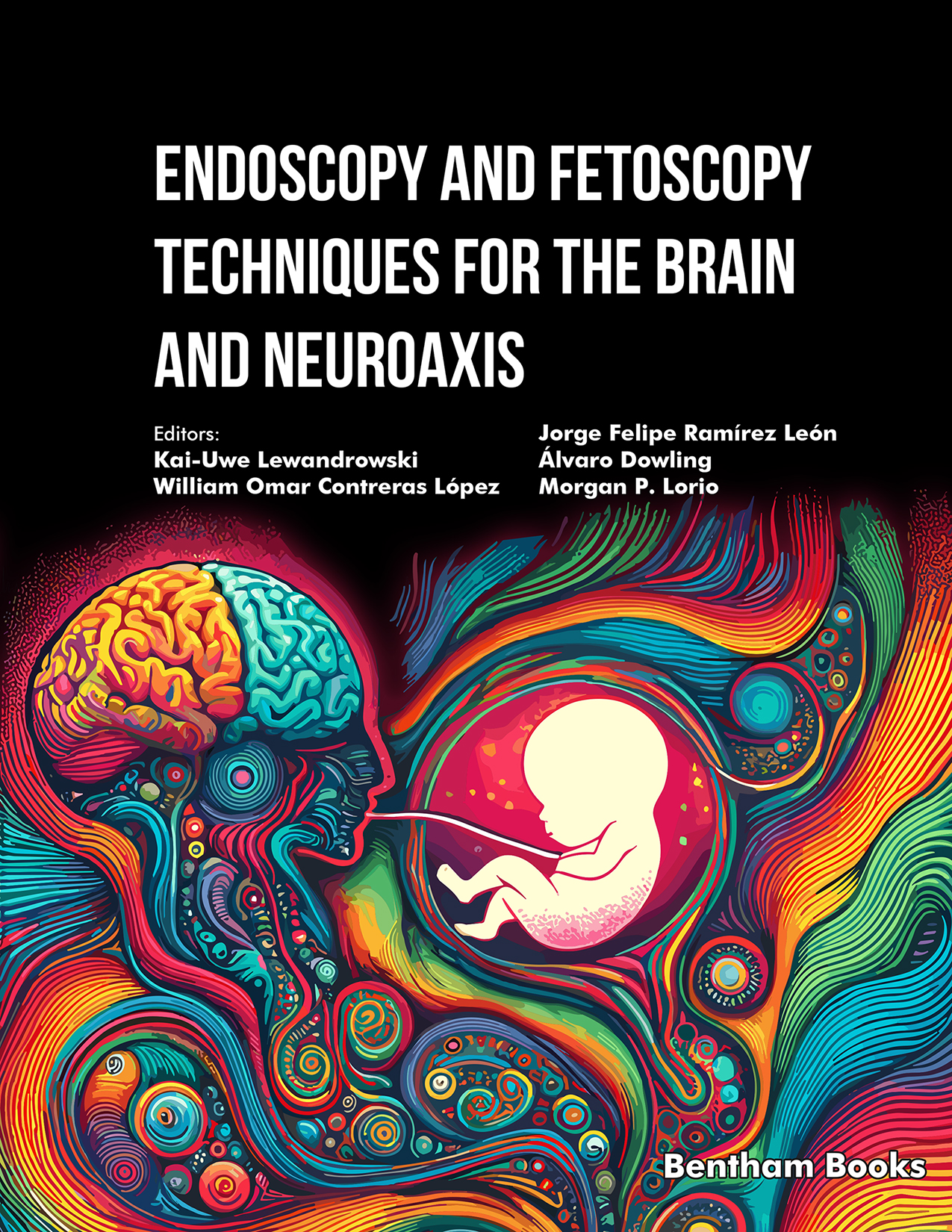Introduction
Neuroendoscopy and Interventional Pain Medicine is a clinically focused medical monograph series. With contributions from a team of internationally recognized neurosurgeons and spinal surgery specialists, the series aims to illuminate the latest advancements in minimally invasive neurosurgical techniques and pain management. Each volume offers invaluable insights into the future of minimally invasive treatments in this medical subspecialty.
Endoscopy and Fetoscopy Techniques for the Brain and Neuroaxis is the second of the monograph series. The book covers advanced endoscopic techniques for brain and spinal surgeries. Topics include visualization of the brain, endoscopic approaches to the sellar region, fetoscopy treatments for myelomeningocele, and methods for cancer pain relief. It also discusses endoscopic correction of craniosynostosis in children, complications like autonomic dysreflexia, and the importance of identifying the Adamkiewicz system in spinal procedures.
Key Features
- - Covers a wide range of topics in neuroendoscopy and interventional pain medicine
- - Emphasizes evidence-based approaches to treatment
- - Offers clinical perspectives from expert surgeons
- - Includes scientific references for researchers and advanced learners
It is an essential resource for readers who need to enhance their understanding of the latest technological advancements in neuroendoscopy and interventional pain medicine and apply these innovative techniques to improve patient outcomes.
Readership
This book is designed for a broad audience, including interventionalists, surgeons, medical students, healthcare professionals, and policy-makers involved in the care of patients with degenerative conditions of the neuroaxis.

